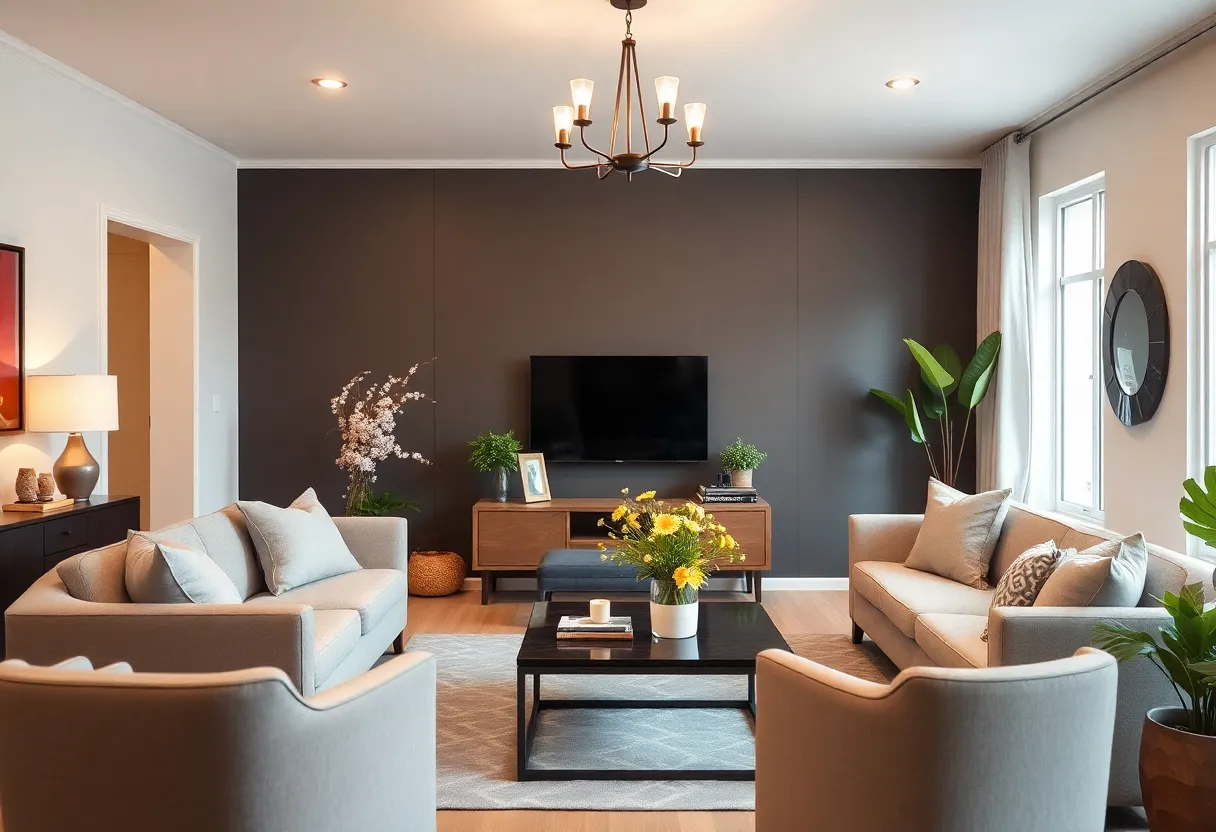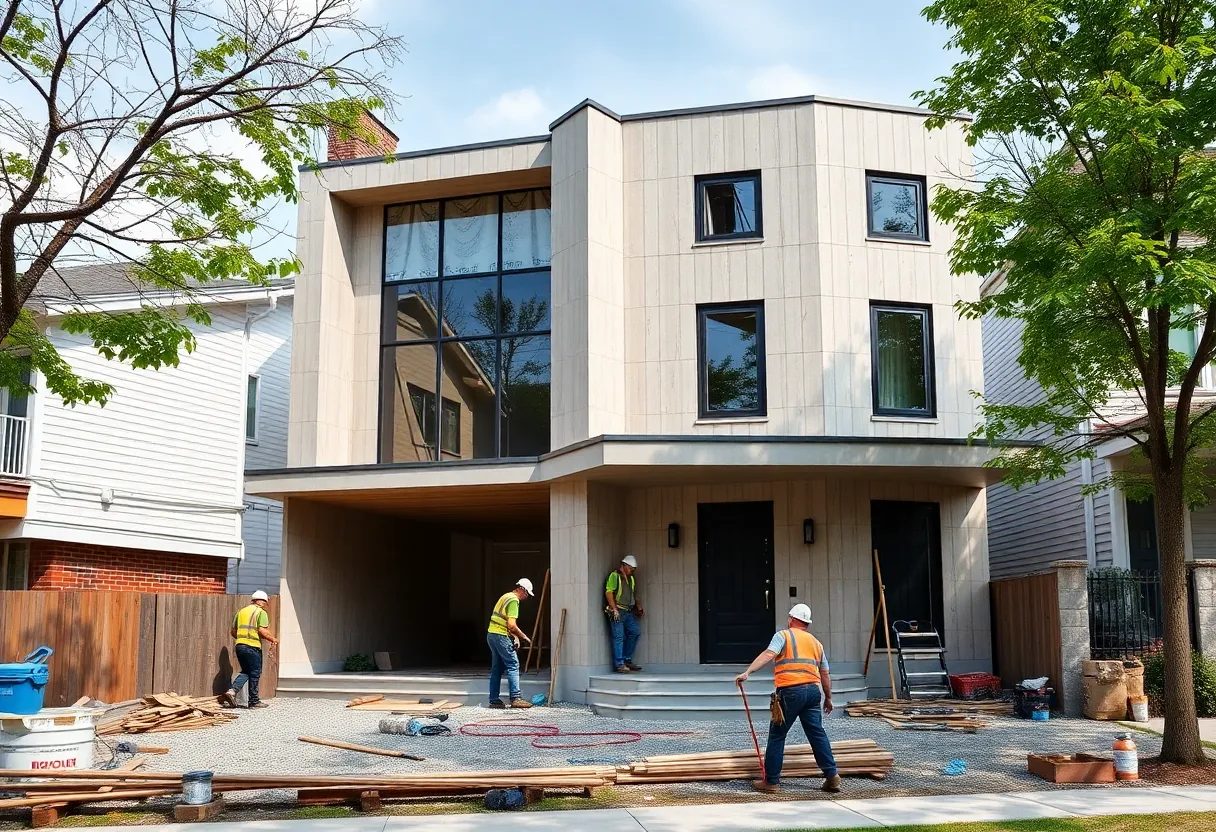10 Essential Tips for Understanding Open House Etiquette as a First-Time Buyer
Introduction
Attending an open house is a critical step for first-time homebuyers. It offers firsthand insight into the property’s layout, condition, and neighborhood. However, understanding proper open house etiquette enhances the experience for both visitors and sellers. Adhering to established norms demonstrates respect, professionalism, and genuine interest in the property. This guide provides ten essential tips to navigate open house visits effectively and confidently.
1. Prepare in Advance
Research the Property and Neighborhood
Before attending, review any available information about the property. Study the listing details, location, and community amenities. Familiarity with the property’s key features allows targeted questions and demonstrates sincere interest. Understanding the neighborhood helps assess if it aligns with your lifestyle and needs.
Schedule Strategically
Visit during designated open house hours. Avoid peak times when the property may be crowded, which can detract from your viewing experience. Early or late sessions often provide a quieter environment, allowing for a thorough examination without disrupting others.
2. Dress Appropriately and Be Respectful
Choose business casual attire to convey respect and seriousness. Avoid overly casual or disruptive clothing that could be deemed disrespectful. Remember, you’re entering someone’s personal space and should maintain a presentable appearance.
Maintain respectful behavior throughout. Use polite language, refrain from loud conversations, and avoid any behavior that might distract or disturb other visitors or the seller’s agents.
3. Follow the Seller’s or Agent’s Guidance
Pay close attention to instructions provided by the real estate agent or the seller. They may specify pathways to follow, areas off-limits, or particular points of interest. Respect these directions. Not following guidance can disrupt the flow of the visit and may be perceived as intrusive or disrespectful.
4. Limit Personal Conversations and Distractions
Stay Focused on the Property
Limit personal conversations about unrelated topics. Keep your focus on evaluating the property’s features and asking relevant questions. This ensures a professional atmosphere and respects the seller’s time.
Avoid Using Phones Excessively
Refrain from taking lengthy calls or engaging in distracting activities. If you must use your phone, do so quietly and unobtrusively. Excessive phone use can detract from your attentiveness and may be perceived as disinterest or disrespect.
5. Ask Thoughtful and Respectful Questions
Prepare a list of targeted questions about property details, recent improvements, maintenance history, and neighborhood specifics. Pose these questions politely, and listen attentively to the agent’s responses. Avoid probing into personal details about the seller or making demands.
Good questions reflect genuine interest and help clarify critical buying considerations.
6. Be Mindful of Personal Space and Property Condition
Refrain from touching or moving personal belongings, furniture, or fixtures. Respect the property’s integrity, recognizing that it is someone else’s home. Observe boundaries and avoid wandering into private areas not intended for viewing unless explicitly permitted.
Discipline yourself to avoid leaving trash or belongings behind. Leave the property as you found it, demonstrating courtesy and consideration.
7. Maintain a Professional Demeanor
First impressions matter. Always act politely, be punctual, and thank the agent for their time. Avoid showing undue enthusiasm or making impulsive remarks. Your demeanor should reflect seriousness and credibility—important traits for successful negotiations later.
8. Respect Other Attendees
Recognize that multiple buyers may attend the open house. Keep your conversations quiet to avoid disturbing others. Do not monopolize the agent’s time; instead, wait for your turn to ask questions and exhibit patience.
Sharing space courteously encourages a positive environment for all prospective buyers.
9. Take Notes Discreetly
Bring a notebook or use your device discreetly to record observations and responses. Organized notes help compare properties later and prevent reliance on memory alone. Be subtle in your note-taking to avoid distracting the seller or other visitors.
This method demonstrates preparedness and aids in making informed decisions post-visit.
10. Follow Up Appropriately
After the open house, if interested, contact your real estate agent with questions or expressions of interest. Avoid over-intruding; instead, communicate professionally via email or phone. If not interested, thank the agent for their time and consideration. Maintaining a courteous attitude leaves a positive impression for future dealings.
Conclusion
Understanding and practicing proper open house etiquette is vital for first-time homebuyers. It fosters respectful interactions, provides valuable information, and demonstrates your seriousness as a potential buyer. By preparing in advance, behaving professionally, and respecting boundaries, you enhance your chances of making a favorable impression. These tips serve as a foundation for a smooth, productive home buying experience, leading to more informed decisions and positive relationships within the real estate process.
Author: STAFF HERE WASHINGTON DC
The WASHINGTON DC STAFF WRITER represents the experienced team at HEREWashingtonDC.com, your go-to source for actionable local news and information in Washington, DC, and beyond. Specializing in "news you can use," we cover essential topics like product reviews for personal and business needs, local business directories, politics, real estate trends, neighborhood insights, and regional news affecting the area—with deep expertise drawn from years of dedicated reporting and strong community input, including local press releases and business updates. We deliver top reporting on high-value events such as the National Cherry Blossom Festival, Kennedy Center Honors, and the Washington Auto Show. Our coverage extends to key organizations like the Greater Washington Board of Trade and Destination DC, plus leading businesses in government contracting and technology that power the local economy such as Lockheed Martin and Amazon. As part of the broader HERE network, we provide comprehensive, credible insights into the dynamic landscape of the Washington metropolitan area.




